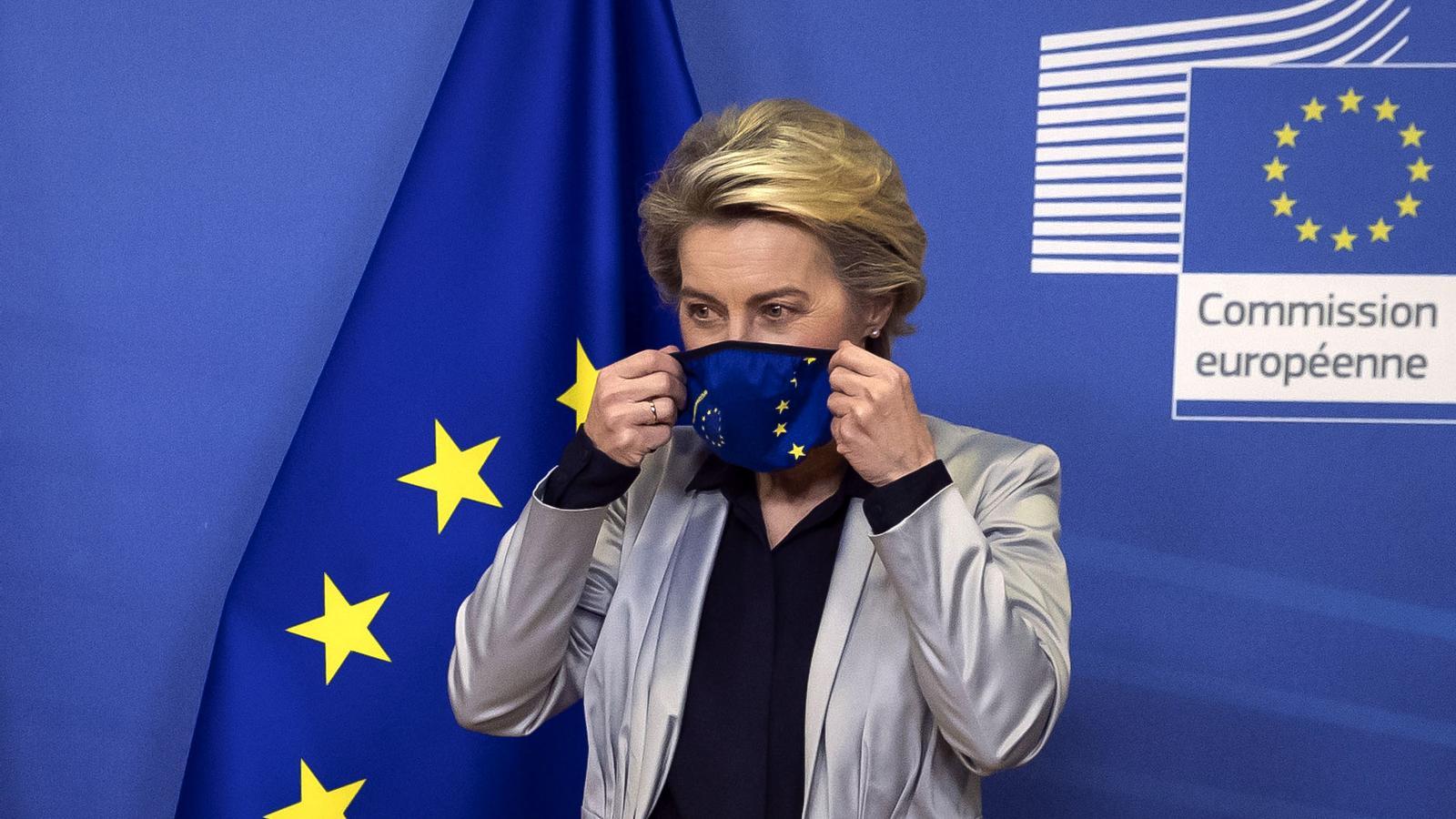Brussels prepares lawsuit against AstraZeneca over vaccine delivery failures
EU and member states are exploring all legal options to force company to deliver promised doses


BrusselsNew escalation of the open conflict between the European Union and AstraZeneca. The European Commission is finalising preparations for a lawsuit against the Anglo-Swedish pharmaceutical company for failure to deliver millions of doses of its vaccine. The president of the EU executive already threatened the company a few weeks ago with all options after the company communicated that in the second quarter of the year it would not deliver even half of the agreed doses, and since alternatives have had to be sought, the EU has decided to start legal proceedings.
As advanced by Politico, this initiative was presented by the European Commission on Wednesday at a meeting of EU ambassadors, most of whom supported it. The European Commission has clarified to ARA that member state governments gave the green light to initiate the lawsuit on March 19. According to European sources, all options are being discussed with governments to get the company to deliver all the doses it had committed to.
Brussels had agreed with AstraZeneca to deliver 100 million doses this first quarter, but the company has only delivered 30. In the second quarter, it had committed to 180 million and the pharmaceutical company warned that it would not even reach half. At the moment, however, the concrete formulation of the legal action against AstraZeneca is still being negotiated and no definitive steps have been taken.
The mess with AstraZeneca has not only taken the form of an exchange of public reproaches, but the European Commission pressured the company to publish the contract, with the intention of demonstrating that it was being breached, since it also included the production of the UK plants for deliveries to the European Union. The drugmaker, however, has argued it is all due to production problems in Europe, even though it has met the deadline set by the UK government.
The case caused the European Commission to activate a mechanism to control vaccine exports due to suspicions that AstraZeneca was sending doses to other countries (mainly the United Kingdom) while claiming it could not meet EU deadlines. Brussels even intercepted 29 million doses in Italy.
The Anglo-Swedish pharmaceutical company's non-compliance has further complicated the EU's vaccination campaign, which has already started late compared to other world powers. But the Commission has made a move and has entrusted Pfizer/BioNTech, with whom it has extended the contract and from whom it has obtained several advance deliveries to plug holes. In addition to this hitch, the vaccination with Janssen stopped after eight cases of thrombosis were detected in the United States among seven million people vaccinated. The European Medicines Agency (EMA), however, has reaffirmed the safety of the vaccine this week and the campaign has been reactivated.
